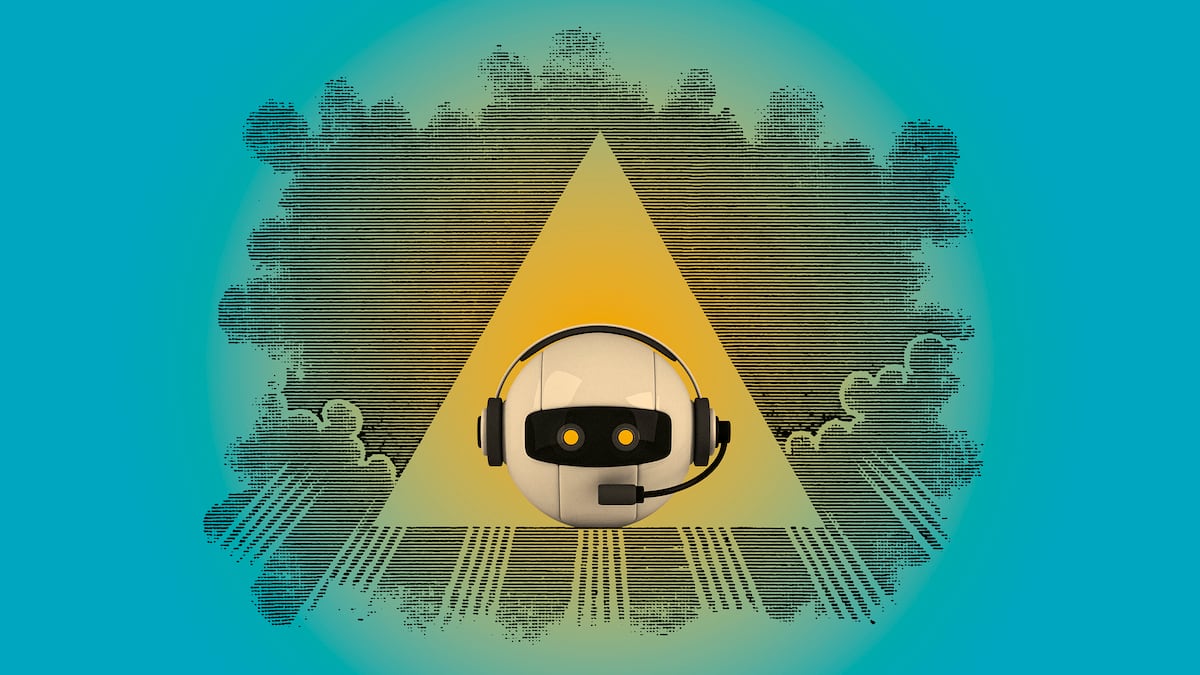
"We're working less, it's true. Perhaps the most cited MIT study of the year, Your Brain on ChatGPT, finds that we're a little lazier than we were three years ago. We're also more gullible, mediocre, and, paradoxically, distrustful. We use AI for almost everything, while remaining suspicious of and unwilling to pay for anything that smells synthetic, generated by the very systems we worship."
"At scientific conferences where English is the lingua franca, there's a scarlet letter: the verb to delve. It's the catchphrase that betrays someone who's gone too far with ChatGPT, confirms Ezequiel Lopez, a researcher at the Max Planck Institute. Lopez is co-author of a study that, after analyzing 280,000 videos from academic YouTube channels, showed that 18 months after ChatGPT's global release, the use of delve had increased by 51% in talks and conferences, and also in 10,000 scientific articles edited by artificial intelligence models."
ChatGPT and similar large language models have permeated everyday life, shifting speech patterns and prompting people to rely on AI for decisions and writing. Private information is being entrusted to systems that could later be used against users, while many adopt magical thinking about cheap AI access. Since ChatGPT's launch in November 2022, people report reduced effort, greater gullibility, and mixed distrust. AI usage is widespread yet met with reluctance to pay for synthetic outputs. Academic communication shows linguistic shifts, with specific verbs like "delve" surging in talks and AI-edited papers, signaling cultural change.
Read at english.elpais.com
Unable to calculate read time
Collection
[
|
...
]